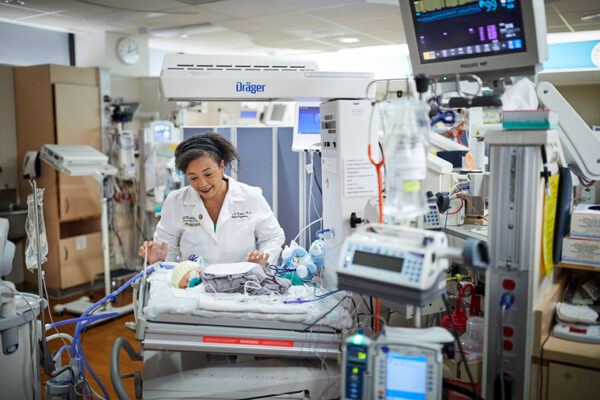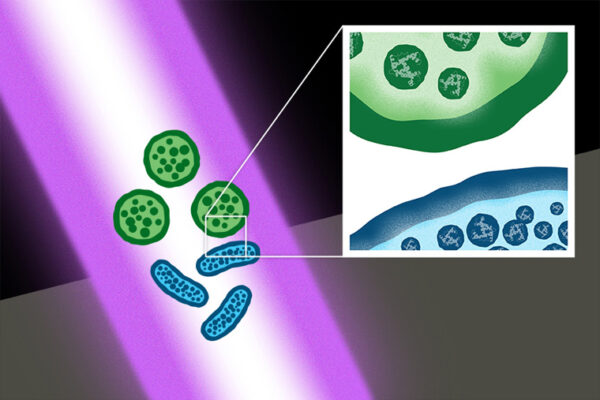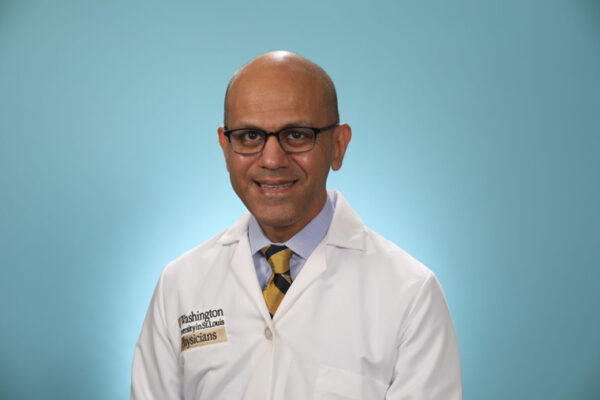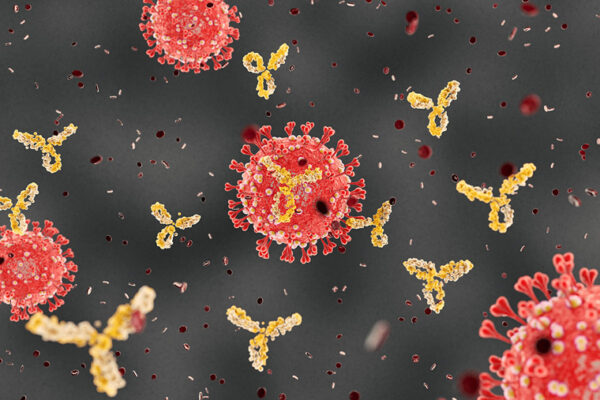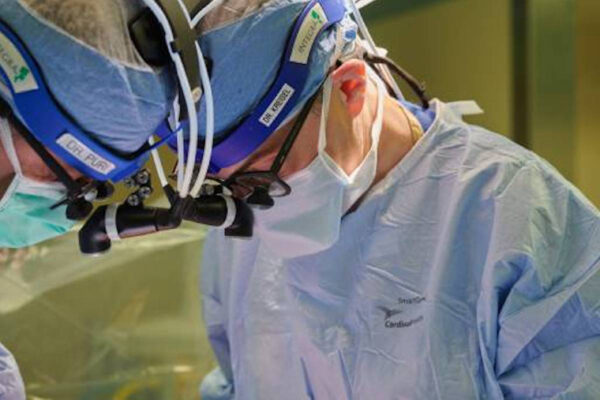Jiang receives NIH grant
Xuntian Jiang at the School of Medicine received a five-year $2 million grant from the National Institute of Neurological Disorders and Stroke of the National Institutes of Health (NIH).
Prenatal, early-life influences on child brain development focus of new study
Researchers at Washington University School of Medicine are joining scientists around the country to conduct a study aimed at understanding how prenatal factors and early life experiences influence brain development and behavior in young children.
Ultrashort-pulse lasers kill bacterial superbugs, spores
Researchers at Washington University School of Medicine have found that multidrug-resistant bacteria and bacterial spores can be killed by ultrashort-pulse lasers. The findings could lead to new ways to sterilize wounds and blood products without damaging human cells.
Rentschler wins NIH grant
Stacey Lynn Rentschler at the School of Medicine received a four-year $2 million grant from the National Heart, Lung and Blood Institute of the National Institutes of Health (NIH).
Kim to research skin inflammation
Brian Kim, MD, at the School of Medicine, received a five-year, $2.4 million grant from the National Institute of Arthritis and Musculoskeletal and Skin Diseases of the National Institutes of Health (NIH) to research skin inflammation.
Bhayani named director of urologic surgery
Urologic oncologist Sam Bhayani, MD, has been named to lead the Division of Urologic Surgery in the Department of Surgery at Washington University School of Medicine.
Washington University joins major NIH effort to advance health data science in Africa
Researchers at Washington University are receiving one of 19 grant awards that will support data science research and training activities in Africa. The researchers will focus on developing new training programs in health data science in Rwanda.
COVID-19 vaccine elicits weak antibody response in people taking immunosuppressant
People taking TNF inhibitors, a kind of immunosuppressive drug used to treat rheumatoid arthritis and other autoimmune conditions, produced a weaker and shorter-lived antibody response after two doses of Pfizer’s COVID-19 vaccine, according to a study from Washington University School of Medicine.
Finck receives NIH grant
Brian N. Finck, professor of medicine at the School of Medicine, received a four-year $1.7 million grant from the National Institute of Diabetes and Digestive and Kidney Diseases of the National Institutes of Health (NIH) for research on nonalcoholic fatty liver disease.
Reducing lung transplant rejection aim of clinical trial funded with $22 million grant
Daniel Kreisel, surgical director of lung transplantation at Washington University School of Medicine and Barnes-Jewish Hospital, is a principal investigator in a clinical trial funded with a $22 million grant from the National Institutes of Health (NIH). The trial aims to reduce lung transplant rejection.
View More Stories

